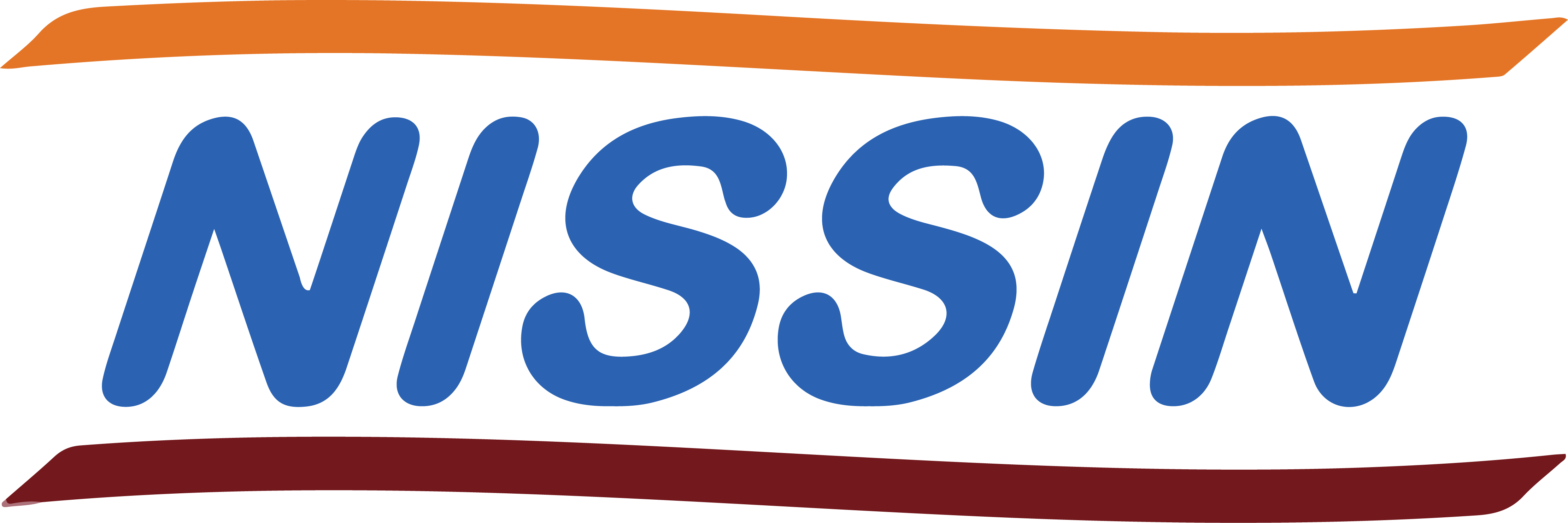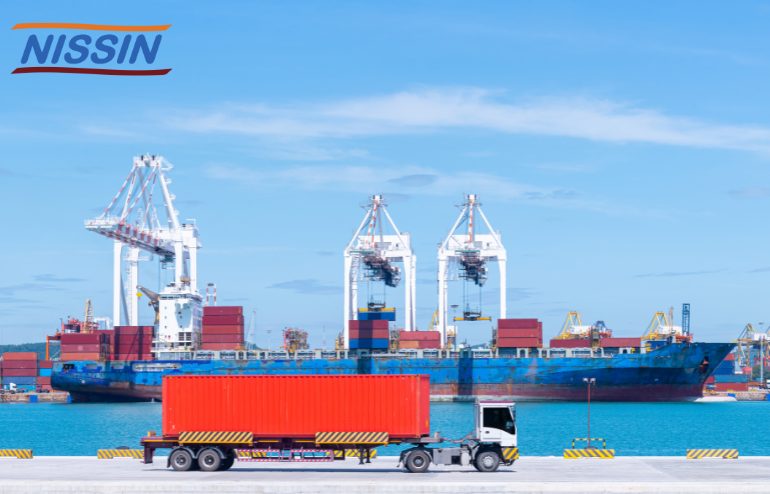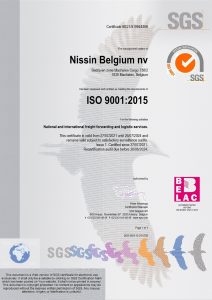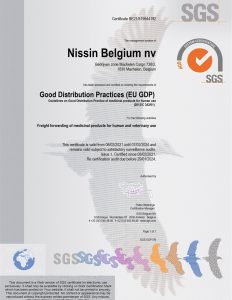How Geopolitical Tensions Are Reshaping Global Freight Forwarding in 2025
Global supply chains aren’t what they used to be. In 2025, trade routes are shifting, regulations are tightening, and freight costs are fluctuating by the day. From wars and sanctions to protectionist policies, geopolitical instability is now baked into the business of freight forwarding.
But it’s not all disruption smart logistics strategies are rising to meet these challenges. Let’s look at how the freight world is adapting, and what solutions are helping companies keep their goods moving.
Global Routes Are Shifting. So Is Freight Strategy.
The Red Sea crisis, port congestion in Asia, and new overflight bans are forcing carriers to redraw their maps. Sea freight that once took 25 days can now take 40 or more. Air shipping routes are longer and more expensive.
The fix? More flexible routing strategies.
Freight forwarders are now building alternate paths into the plan from day one. For example:
1. If sea lanes are risky, time-sensitive goods can be shifted to air shipping.
2. If air is restricted, shipments may move by road shipping within regional zones like the EU.
3. Multimodal routes (air to rail to truck) are being used to bypass political hotspots altogether.
Companies working with adaptable logistics services providers are finding it easier to sidestep disruption instead of getting stuck in it.
Rising Tariffs and Regulations Call for Smarter Customs Planning
Governments are adding new controls on the import of goods, especially in high-tech, energy, and chemical sectors. One misstep in paperwork or classification can now lead to serious delays or rejected shipments.
Solution: Proactive compliance planning.
Experienced freight forwarding teams are:
1. Pre-screening cargo for potential customs flags
2. Monitoring real-time trade regulation updates
3. Preparing backup documentation (e.g., dual-use declarations for strategic goods)
4. Coordinating with customs brokers in each country involved
When it comes to regulated items like dangerous goods, top-tier forwarders also provide consulting on packaging standards, labeling, and special handling protocols.
Nearshoring Is Picking Up Steam—With a Freight Twist
Many companies are moving production closer to home to reduce exposure to foreign risk. This “nearshoring” trend is booming across Europe and North America.
What this means for freight:
1. Less reliance on long-haul ocean freight
2. More use of road shipping within trade-friendly zones
3. Higher demand for local warehouse space and short-haul logistics services
Freight forwarding companies with strong regional networks can help bridge the gap. They manage local transport, distribution, customs clearance, and even temporary storage making it easier to adapt quickly to new supply chain setups.
Dangerous Goods Face Higher Scrutiny—but Can Still Move
In a more risk-sensitive climate, governments are watching dangerous goods shipments closely. That means longer review times, tighter documentation, and in some cases, total bans on certain materials.
Here’s how leading freight forwarders are solving this:
1. Assigning DG (dangerous goods) certified personnel to manage documentation and routing
2. Pre-checking routes for transit restrictions or air bans
3. Using compliant packaging materials and labeling methods from the start
4. Arranging for special permits and safety escorts where needed
Bottom line: The rules may be tougher, but with the right planning, sensitive cargo still gets where it needs to go legally and safely.
Capacity Is Limited. Early Planning Pays Off.
With rerouted ships and limited cargo flights, global capacity is tight. Booking at the last minute often means higher prices or delays.
The solution? Advance planning and schedule optimization.
Freight forwarders are encouraging clients to:
1. Share forecasts earlier (even if they’re rough estimates)
2. Book shipping slots weeks in advance during peak seasons
3. Consolidate smaller shipments to fill containers or trucks efficiently
4. Build in more buffer time for delivery
Those who plan ahead not just react are getting better rates, better service, and more predictable delivery windows.
Data and Visibility: Non-Negotiable in 2025
In this uncertain climate, not knowing where your shipment is or how it’s being handled isn’t an option.
Smart solutions include:
1. Real-time cargo tracking dashboards
2. Automated alerts for delays, customs holds, or re-routing
3. Centralized shipment documentation for faster customs clearance
4. Status updates across all transport modes (ocean, air, and road shipping)
Companies working with tech-enabled logistics services providers are saving time and avoiding nasty surprises.
Freight Forwarders Now Play a Strategic Role
What this really means is that freight forwarding isn’t just about transport anymore. It’s about risk management, compliance support, route planning, and sometimes even helping clients rethink sourcing or production locations.
The most reliable providers are offering:
1. 24/7 support for time-critical cargo
2. Dedicated experts for high-risk or regulated goods
3. Advice on how to shift modes or lanes depending on political changes
4. Customized reporting and forecasting tools
In short, they’re becoming full partners in the supply chain conversation.
Final Thought: Adaptability Is the Winning Freight Strategy
In 2025, there’s no “normal” in global shipping. But there are companies that keep moving forward and others that fall behind.
Those that work with seasoned freight professionals who understand not just transport but trade policy, risk, and alternative logistics strategies are the ones staying resilient and profitable.
Need a Freight Partner Who Can Help You Navigate Uncertainty?
At Nissin Belgium, we handle more than shipping. We help businesses adjust, adapt, and keep moving—no matter what the world throws at them.
Whether you need support with air shipping, road shipping, dangerous goods, or cross-border import of goods, we’re ready to work with you. Call +32 2 751 44 99 or email HowCanIHelpYou@be.nissin-eu.com for a reliable logistics solution built for today’s global challenges. Let’s move smarter together.






